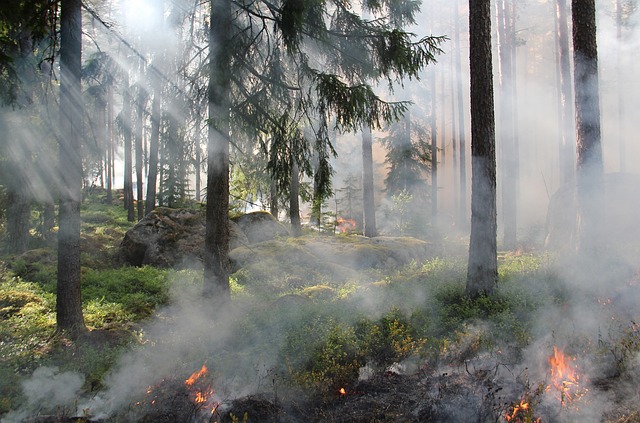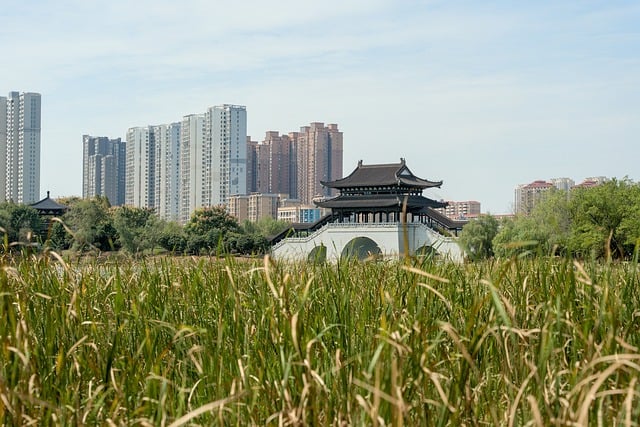In today’s fast-paced world, the importance of nature conservation education has never been more crucial. Fostering a deep-rooted connection with the environment through gardening and green living can empower communities to take actionable steps towards sustainability. This hands-on approach brings individuals together, encouraging collaboration and a shared responsibility for the planet.
When we introduce gardening as a form of nature conservation education, we open doors to a world of learning and appreciation for our ecosystems. Community gardens serve as more than just plots of land; they are vibrant hubs of biodiversity where people can cultivate their knowledge and skills. As individuals plant seeds, they cultivate a sense of belonging and responsibility toward their neighborhood, nurturing not only the garden but also the relationships within the community.
Green living principles naturally flow from such initiatives. Education about sustainable practices, like composting or rainwater harvesting, empowers individuals to make eco-friendly choices. It encourages them to ponder the impact of their habits on the environment, fostering a lifestyle that minimizes waste and promotes conservation. When communities embrace these practices, they create a ripple effect—spreading awareness and inspiring others to consider their environmental footprint.
Moreover, the integration of nature conservation education into school curricula can mold future generations. Kids who learn about planting, wildlife, and ecosystems develop a lifelong bond with nature. They grow up understanding the importance of protecting our environment and advocating for sustainability. Schools that implement outdoor learning experiences, like field trips to local parks or conservation areas, enrich students’ understanding of the natural world and the pressing need for its preservation.
Eco-friendly initiatives are the culmination of these efforts. When communities unite to promote sustainable practices—be it through clean-up drives, eco-fairs, or tree-planting campaigns—they create a spirit of stewardship. Nature conservation education becomes the cornerstone of these initiatives, instilling a sense of teamwork and collective purpose. Participants not only get their hands dirty planting trees or cleaning parks, but they also foster a deep connection with their surroundings, leading to a greater commitment to protect them.
The impacts of such education extend beyond gardening and eco-initiatives. Through a community lens, individuals witness firsthand how their actions contribute to a healthier planet. Sharing knowledge about native plants, wildlife habitats, or even urban farming techniques can transform neighborhoods, turning previously neglected spaces into lush, thriving environments. This transformation emboldens community members to engage and take pride in their local ecosystem.
As we embrace nature conservation education, we are investing in a brighter, greener future. The act of nurturing our environment through gardening cultivates a deeper appreciation for nature, empowering people to advocate for eco-friendly initiatives within their communities. Together, we can usher in a collective movement that honors the planet, enriches lives, and inspires generations to come.




